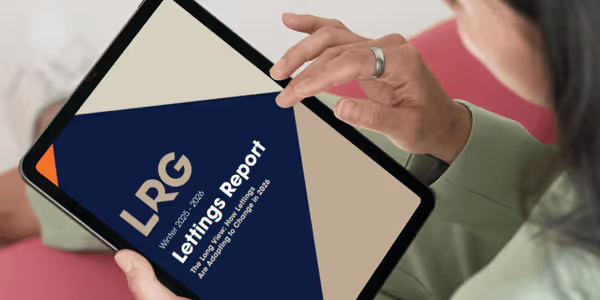As a landlord, you want to ensure your property business is as profitable as possible – and that means minimising your tax liability, so you don’t pay HMRC any more than you need to.
Here are some options that can help you do that:
Speak to an independent property tax specialist
Because property tax is a particularly tricky area, it’s important to take advice from a professional who is experienced in buy-to-let. Even if you already have a trusted accountant, it’s worth consulting a specialist. They will be able to properly assess your income, expenditure and property-related costs, and help ensure you are investing and running your property business in the most tax-efficient way.
Explore a Limited Company
For some people, it’s better from a tax perspective to own and/or let property through a Limited Company, rather than as an individual. The benefits include:
· Corporation tax is charged at a lower rate than income tax for those on higher and additional rates
· Profits can be held in the company
· There can be favourable tax rates when you come to sell the property or dispose of shares in the company, compared with CGT for individuals
There are services that can help with this, such as Leaders’ Smart Investment service, powered by Get Ground, where we can discuss if a limited company is right for you, and if so, help set it up and and run it on your behalf.
Look at setting up a partnership
If you and your partner both pay tax at the basic rate, it could be worth setting up a business partnership, where you share the rental profits and each pay tax on your share, however, do seek professional advice if you consider this option.
Consider splitting ownership of the property
If you’re married, you could consider splitting ownership of the property (as tenants in common) to reduce your overall tax liability.
This can be particularly beneficial if one of you is a higher or additional rate tax payer and the other is either on a low income or not currently earning. For example, if the lower earner owns 80% and the high earner 20%, you can then split the rental income 80/20 and pay a bigger proportion of tax at 20%, rather than 45% or 50%.
Keep all your receipts
Property investment expenses are divided into two main categories:
· ‘Revenue’: costs incurred in the running of your rental business, e.g. professional fees, travel to and from your property, insurance, maintenance services and repairs. These can be deducted each year from rental income.
· ‘Capital’: bigger expenses that enhance the property’s value, e.g. upgrading the kitchen or adding an extension. These are deducted from capital gains when you sell or dispose of the property.
If you need any help finding a good local tax adviser or legal representative, your local Leaders branch will be happy to give you some recommendations.















.avif)
.avif)



.avif)














Comments